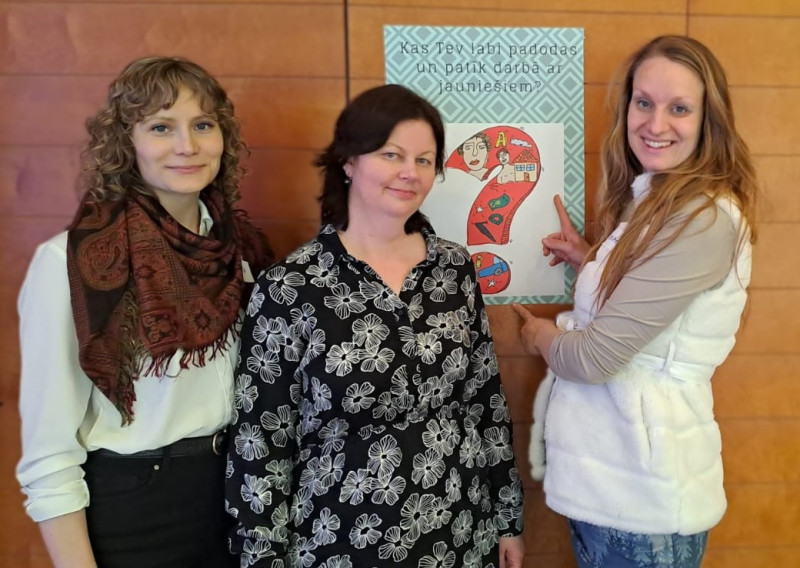The Zemgale Planning Region is an institution under the supervision of the Ministry of Environmental Protection and Regional Development in the status of a derived public entity. It unites six municipalities. Currently, the Planning Region includes the state city - Jelgava , as well as Aizkraukles , Bauskas , Dobeles , Jelgavas and Jēkabpils , districts, among which there are three development centers of regional significance - Aizkraukle, Bauska and Dobele.
The task of the Zemgale Planning Region is to plan and coordinate the development of the region, to determine its priorities and basic principles in the long term.
Therefore, the Planning Region not only plans and coordinates public road transport in the region, coordinates cultural and vocational education activities, but also develops and implements regional and international projects in line with Zemgale's development priorities, which are mainly based on the recommendations and needs of municipalities, trying to cover the largest possible territory.
To learn more, visit the website: https://www.zemgale.lv/lv/par-zpr